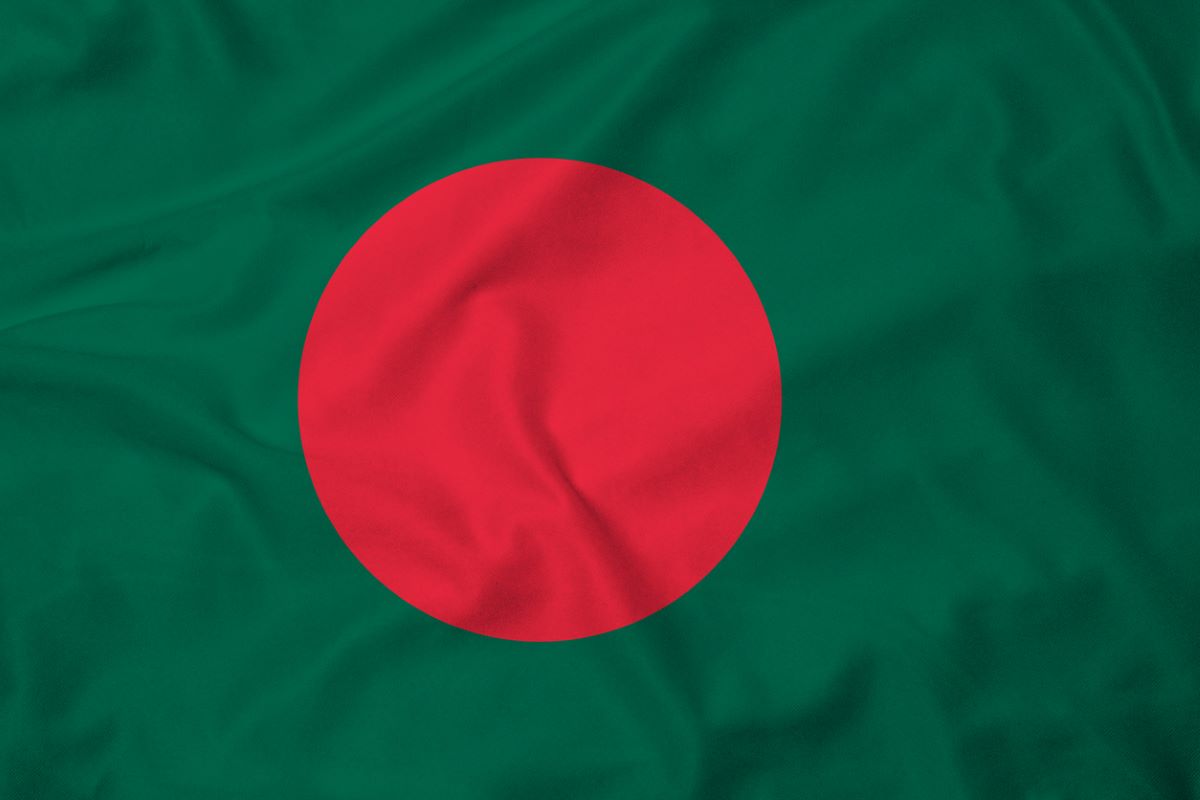1971 dawned in what was then East Pakistan in the middle of hope and tragedy. There was great suspense and anxiety. Much had happened in the recent weeks.
In November 1970, Cyclone Bhola had claimed over 300,000 lives, decimating entire villages in the lowlying islands. Things worsened with the poor relief effort organised by the rulers based in West Pakistan. Then hope beckoned when the Awami Party swept the East Pakistan elections and there was a real chance of it forming the national government. However, this democratic avenue was denied by the generals and dominant West Pakistani politicians. Instead from March 25-26 onwards, multiple waves of terror were unleashed in East Pakistan.
Advertisement
Then followed a nightmarish and selective genocide in which nearly 2 million people were killed, although official estimates of Bangladesh are close to 3 million. In a population of 75 million, 30 million were internally displaced and nearly 10 million rushed to escape by crossing over into India. Between 200,000 to 400,000 women and girls were raped.
This tragedy unfolded over a period of about eight months. This was confirmed to be a selective genocide by the US Consulate in official warnings. Senior US opposition leaders like Ted Kennedy warned repeatedly along similar lines. There were media reports which exposed the massacres even in mainstream Western media like Time magazine and the Sunday Times.
The troubling question which rankles till today is why wasn’t anything done to prevent the tragedy? No country other than India really played any role to intervene to prevent the tragedy at any stage, although Soviet help to India in discharging this role should certainly be remembered. The United Nations also failed to safeguard human rights and democracy, and to prevent massacres.
The two big powers – the USA and China – remained fully supportive of the Yahya Khan regime. The US regime under the watch of all powerful Nixon-Kissinger duo continued all through to regard Yahya as a friend and a ‘decent’ person. With all the human rights networks and with all the emphasis of Western countries on human rights, they just sat quietly or, in direct and indirect ways, promoted the slaughter.
If there are any doubts about the seriousness of the genocide, let us hear what Lt. Gen. A.A.K. Niazi, the commander of Pakistani forces in its eastern wing (who surrendered) himself told the official War Inquiry Commission in Pakistan regarding the actions of Lt. Gen. Tikka Khan, Governor of East Pakistan at the time terror was unleashed.
“On the night between 25/26 March 1971, Tikka struck. Peaceful night was turned into a time of wailing, crying and burning. Tikka let loose everything at his disposal as if raiding an enemy, not dealing with his misguided and misled people. The military action was a display of stark cruelty more merciless than the massacres of Bukhara and Baghdad by Chengiz Khan and Halaku Khan…Tikka resorted to the killing of civilians and a scorched earth policy.”
On 2 August 1971 a dispatch sent to Time Magazine by its East Pakistan correspondent stated – “In Dacca soldiers set sections of the old city ablaze with flamethrowers and then machine-gunned thousands as they tried to escape the cordon of fire. Nearly 25 blocks had been bulldozed clear, leaving open areas set incongruously amid jam-packed slums.”
Despite such reports, Nixon and Kissinger refused to tone down their support for the Yahya regime and its genocide. Under the circumstances, the importance of the determined action taken by India after careful planning increases all the more. It helped that at this critical juncture Mrs. Indira Gandhi could rise to her best ever phase of leadership, helped by capable advisers like P.N. Haksar.
India at the same critical time had brilliant military leaders including the inimitable Sam Manekshaw. It was an inspirational time for India’s armed forces and once again the incredibly brave exploits of soldiers and officers like Albert Ekka and Arun Khetrapal proved that a country fights best when it fights for a clear and noble cause easily understood by soldiers and citizens. All the three wings – the Army, Air Force and Navy – gave a very good account of their fighting abilities, planning and coordination, helped by equally brilliant diplomatic efforts.
So it was that a very difficult task of confronting a well-armed adversary having full support of both the USA and China was made to look easy as India raced to a memorable victory in just 14 days, paving the way for emergence of Bangladesh as a nation (although freedom had been declared much earlier on March 26 ) and the return of Mujibur Rehman from a Pakistani prison to Dacca to assume charge as the first President of the new nation. Hence a year which was marked again and again by very tragic events finally ended on a note of great hope.
I was then a student of the Air Force School in Palam, Delhi Cantt. As we just entered the school premises on that extremely cold morning, news spread like wildfire that while returning to Dacca, Bangabandhu would be stopping for just an hour or two at Delhi Cantt as a special gesture towards the role India had played in the liberation of Bangladesh.
Without seeking anyone’s permission or having any discussion, students and teachers all headed towards the Cantonment grounds where Bangabandhu was to say a few words before continuing his journey to Dacca. As people had their first glimpse of the great leader, a thunderous roar of joy went up, and it just went on and on and on.
(The writer is a journalist and author. His recent books include Protecting Earth for Children and Man Over MachineA Path to Peace)











